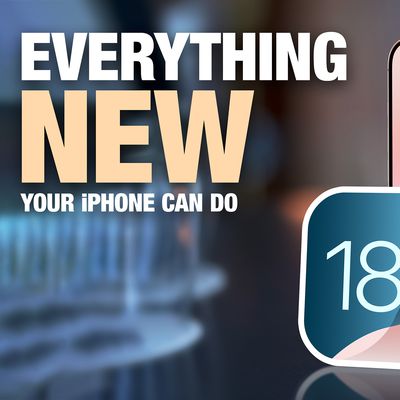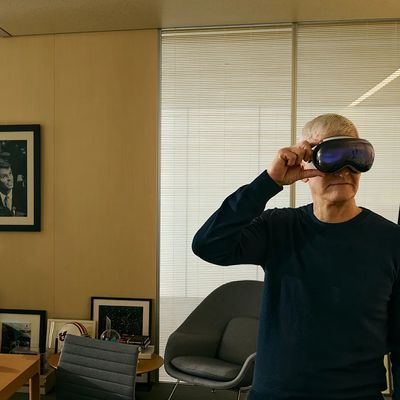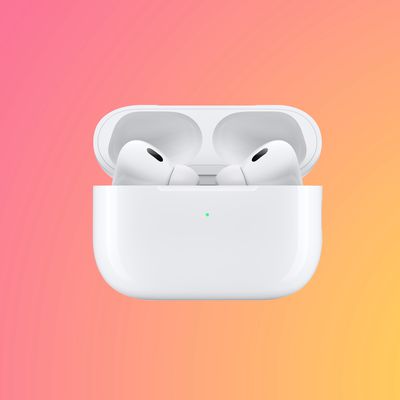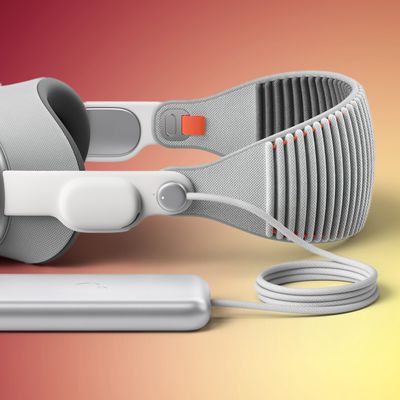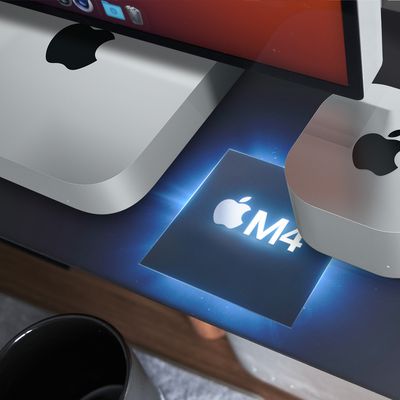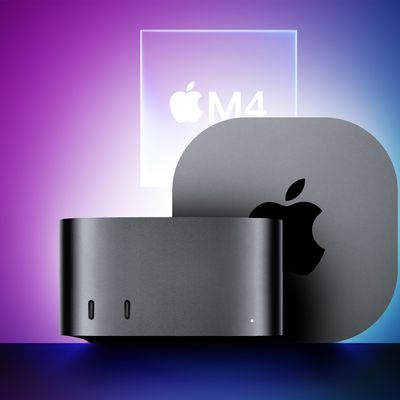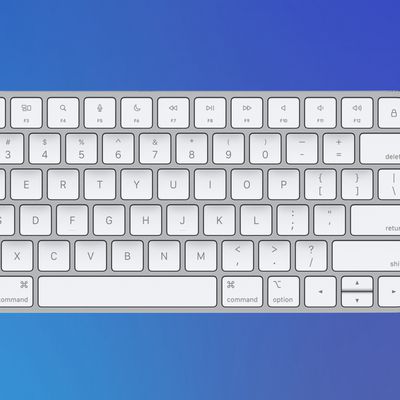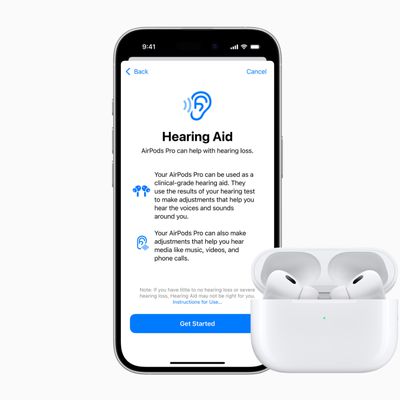Warner Music Remains Optimistic on Streaming Music, as Long as It's Paid
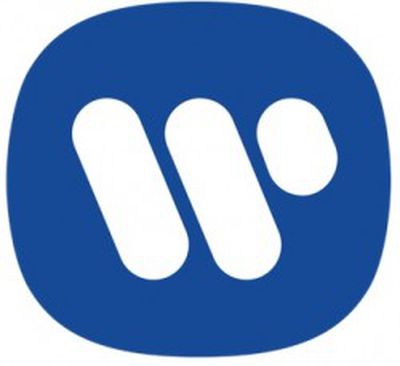 Amid the explosion in popularity of streaming music services, Warner Music Group continues to support the concept, as long as subscribers are paying for the music to which they are listening, reports Re/code. Warner's CEO Stephen Cooper spoke about the company's growing interest in streaming music during the company's latest earnings conference call which was held last week.
Amid the explosion in popularity of streaming music services, Warner Music Group continues to support the concept, as long as subscribers are paying for the music to which they are listening, reports Re/code. Warner's CEO Stephen Cooper spoke about the company's growing interest in streaming music during the company's latest earnings conference call which was held last week.
Streaming music is increasingly important to Warner, with revenue from online music up 74 percent year over year. In the same period, revenue from downloads plummeted 12 percent, echoing a similar downward trend also seen by Apple's iTunes music download service.
To offset the loss from downloads, Warner currently accepts the freemium model of ad-supported streaming music, but only as a means to convert users to paying subscribers. Paid subscriptions and not freemium plans are the future of the industry, states Cooper.
In our view, right now, enabling meaningful global growth in the number of paying subscribers is the best option for artists, for songwriters, for copyright owners and for the services themselves. Subscription streaming is not only a fantastic offering for music fans, it will propel the long-term health of the music industry. We look forward to continuing to work closely with our partners to turbo-charge the adoption rate for subscription streaming.
Warner's emphasis on paying subscribers may not bode well for Apple's reported plan of slashing monthly costs for its Beats Music service. The Cupertino company is rumored to be pushing music labels to cut current subscription prices in half to $5 per month as it negotiates the terms for its recently acquired Beats Music streaming service. Apple argues that lowering the monthly cost will encourage significantly more users to sign up for the paid service, but labels are obviously considering whether those gains will outweigh the lower per-user income that comes with the cheaper pricing.
Along with a goal of lowering consumer pricing, Apple is also said to be working on an early 2015 refresh for the Beats service, likely integrating it into the iTunes brand. With iTunes Radio and Beats Music, Apple offers both ad-supported and paid streaming service, although the two are not currently integrated. iTunes Radio is currently tied to Apple's traditional download offerings, offering easy access for users to purchase individual tracks they hear on iTunes Radio. Even so, iTunes Radio has seen a tepid reception and international expansion has been extremely slow with the service available only in the United States and Australia.
Popular Stories
Apple is expected to release iOS 18.1 on Monday, October 28, bringing the first set of Apple Intelligence features to iPhone 15 Pro and iPhone 16 models. This update marks the first significant step forward in Apple's AI integration, offering a new Siri contextually-aware experience and a range of additional capabilities powered by on-device machine learning and large language models. There are a ...
The Wall Street Journal's Ben Cohen this summer interviewed Apple CEO Tim Cook about the Vision Pro, innovation, Apple Intelligence, and more. Image Credit: Vanity Fair Cook admitted that the Vision Pro headset is not a mass-market product due to its high price. "At $3,500, it's not a mass-market product," said Cook. "Right now, it's an early-adopter product. People who want to have...
Apple today released a new firmware update for the original AirPods Pro, the AirPods 2, the AirPods 3, and the Lightning version of the AirPods Max headphones. The new firmware is version 6F21, up from the prior 6A326 firmware that these devices were previously running. There is no word on what's included in the firmware, but given that these are all older models, it is likely that the new...
Apple has abruptly reduced production of the Vision Pro headset and could stop making the current version of the device completely by the end of 2024, The Information reports. Citing multiple people "directly involved" in making components for the headset, the report says that the scaling back of production began in the early summer. This indicates that Apple now has a sufficient number of...
Apple's Mac mini has long been a powerhouse in a compact form, offering impressive performance in a small package. With rumors swirling about a completely overhauled new model that is likely just days away from being announced, anticipation is building for what Apple has in store. From enhanced connectivity to major hardware upgrades, the upcoming Mac mini promises to bring significant...
Just a few hours after claiming that the first Macs with M4 chips are launching "very soon," Bloomberg's Mark Gurman has followed up with a slightly more specific timeframe. In his latest social media post today, he said an "M4 Mac launch" is on Apple's schedule for next week, but he did not mention a specific day. A concept of a smaller Mac mini with front-facing USB-C ports "Busy week for...
Apple is planning to launch its first Macs with the M4 series of chips "very soon," according to Bloomberg's Mark Gurman. In a social media post today, Gurman said these Macs will include new MacBook Pro, iMac, and Mac mini models specifically. He continues to expect the next Mac mini to feature a "revamped" design, in line with his previous reporting that said the new model will be nearly...
Apple may soon release new versions of the Magic Mouse, Magic Keyboard, and Magic Trackpad, according to code found in the iOS 18.1 release candidate by MacRumors contributor Aaron Perris. There are references to a new Magic Mouse 2, Magic Trackpad 2, and several Magic Keyboards, which would include versions with Touch ID and number pads, as well as models without. While there is no...
Apple will release iOS 18.1 next week, introducing a suite of advanced hearing health capabilities to the AirPods Pro 2 and the first Apple Intelligence features. The timing of the update was confirmed by reviewers who were given early access to the AirPods Pro 2's new hearing health features, which are now known to be included in the update. The update will include three core features:...
Popular messaging app WhatsApp was today updated to add a new Home Screen widget that's specific to chats. The widget is available on the iPhone after updating to version 24.21.81, which came out this afternoon. After updating the widget can be added to the Home Screen using the Edit interface. Users can choose from Recents, Favorites, Pinned, or Frequently Contacted to get quick access to...
 Amid the explosion in popularity of streaming music services, Warner Music Group continues to support the concept, as long as subscribers are paying for the music to which they are listening, reports Re/code. Warner's CEO Stephen Cooper spoke about the company's growing interest in streaming music during the company's latest earnings conference call which was held last week.
Amid the explosion in popularity of streaming music services, Warner Music Group continues to support the concept, as long as subscribers are paying for the music to which they are listening, reports Re/code. Warner's CEO Stephen Cooper spoke about the company's growing interest in streaming music during the company's latest earnings conference call which was held last week. 

